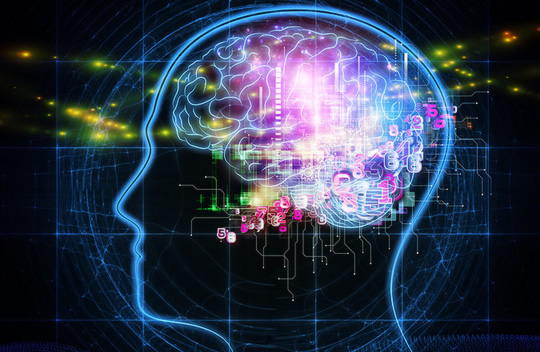New research reveals how to ‘turn on’ your memory, how to flush out useless memories and more…
Rounding up some of the latest research on memory, here are five recent studies revealing new insights into how memory works.
(Click the links for longer descriptions of the studies.)
‘Turn on’ your memory
Paying attention isn’t enough to commit things to memory.
Memory has to be ‘turned on’ in order to remember even the simplest details, a recent study f0und.
When not expecting to be tested, people can forget information just one second after paying attention to it.
But, when they expect to be tested, people’s recall is doubled or even tripled.
Dr Brad Wyble, one of the study’s authors, said:
“It is commonly believed that you will remember specific details about the things you’re attending to, but our experiments show that this is not necessarily true.
We found that in some cases, people have trouble remembering even very simple pieces of information when they do not expect to have to remember them.”
Classical music enhances memory genes
Listening to classical music enhances the activity of genes involved in learning and memory.
At the same time it reduces the activity of genes involved in neurodegeneration.
The conclusion comes from the first study to show how music affects the transcription of genes across the whole genome.
Transcription is the first step in how genes are expressed — in other words, how our genetic code is turned into proteins.
Improve memory five-fold
A power nap of under an hour can improve memory performance by five times.
New information normally disappears from memory quite rapidly as people naturally forget.
But, after a 45-60 minute nap, participants in one study had forgotten little.
In comparison those who had remained awake had forgotten a lot.
Flush out useless memories
Clicking ‘save’ on a digital file makes your memory worse for that information, but improves it for what you learn subsequently, a new study has found.
The trick probably works because taking a photo or saving a file flushes the information out of consciousness, freeing up cognitive resources for the next task.
Dr. Benjamin Storm, who led the study, said:
“We tend to think of forgetting as happening when memory fails, but research suggests that forgetting plays an essential role in supporting the adaptive functioning of memory and cognition.”
Recall leads to forgetting
Recalling one memory actually leads to the forgetting of other competing memories, research has confirmed.
It is one of the single most surprising facts about memory, now isolated by neuroscience research.
Although many scientists believed the brain must work this way, this is the first time it has been demonstrated.
Dr Maria Wimber, a cognitive neuroscientist and the study’s first author, said:
“Though there has been an emerging belief within the academic field that the brain has this inhibitory mechanism, I think a lot of people are surprised to hear that recalling memories has this darker side of making us forget others by actually suppressing them.”
Image credit: A Health Blog

